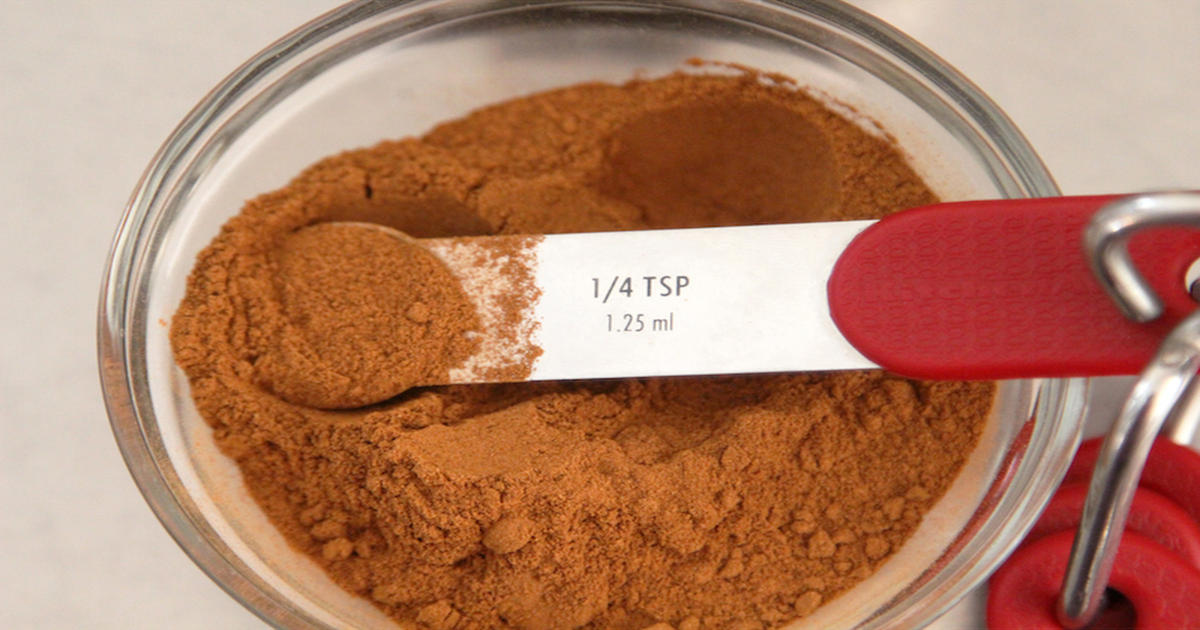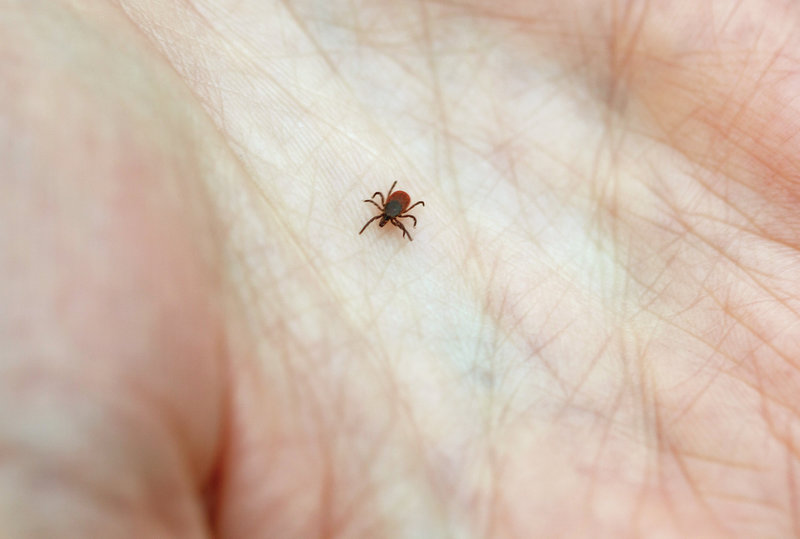Just 1/4 Teaspoon of THIS Spice Will Help You Beat Insomnia and Sleep All Night Long!
Every night, millions of people in the U.S. are struggling to fall sleep or stay asleep. For those with insomnia, sleeping can become a severe, ongoing struggle that has a negative impact on overall health and wellness.
What Causes Insomnia?
Insomnia can be caused by psychiatric and medical conditions, unhealthy sleep habits, specific substances, and/or certain biological factors. Recently, researchers have begun to think about insomnia as a problem of your brain being unable to stop being awake (your brain has a sleep cycle and a wake cycle—when one is turned on the other is turned off—insomnia can be a problem with either part of this cycle: too much wake drive or too little sleep drive). It’s important to first understand what could be causing your sleep difficulties.
Medical Causes of Insomnia
There are many medical conditions (some mild and others more serious) that can lead to insomnia. In some cases, a medical condition itself causes insomnia, while in other cases, symptoms of the condition cause discomfort that can make it difficult for a person to sleep.
Examples of medical conditions that can cause insomnia are:
- Nasal/sinus allergies
- Gastrointestinal problems such as reflux
- Endocrine problems such as hyperthyroidism
- Arthritis
- Asthma
- Neurological conditions such as Parkinson’s disease
- Chronic pain
- Low back pain
Medications such as those taken for the common cold and nasal allergies, high blood pressure, heart disease, thyroid disease, birth control, asthma, and depression can also cause insomnia.
In addition, insomnia may be a symptom of underlying sleep disorders. For example, restless legs syndrome—a neurological condition in which a person has an uncomfortable sensation of needing to move his or her legs—can lead to insomnia. Patients with restless legs syndrome typically experience worse symptoms in the later part of the day, during periods of inactivity, and in the transition from wake to sleep, which means that falling asleep and staying asleep can be difficult. An estimated 10 percent of the population has restless legs syndrome.
Sleep apnea is another sleep disorder linked to insomnia. With sleep apnea, a person’s airway becomes partially or completely obstructed during sleep, leading to pauses in breathing and a drop in oxygen levels. This causes a person to wake up briefly but repeatedly throughout the night. People with sleep apnea sometimes report experiencing insomnia.
If you have trouble sleeping on a regular basis, it’s a good idea to review your health and think about whether any underlying medical issues or sleep disorders could be contributing to your sleep problems. In some cases, there are simple steps that can be taken to improve sleep (such as avoiding bright lighting while winding down and trying to limit possible distractions, such as a TV, computer, or pets). While in other cases, it’s important to talk to your doctor to figure out a course of action. You should not simply accept poor sleep as a way of life—talk to your doctor or a sleep specialist for help.
Chronic insomnia can increase your risk of depression and high blood pressure, while having a negative impact on your overall quality of life. Common symptoms of insomnia include:
- Fatigue
- Inability to focus or concentrate
- Poor Memory
- Mood Swings
- Low motivation or energy
- Increased accidents
- Increased fatigue during daylight
- Anxiety
- Irritability
Insomnia and Sleeping Pills
Sleeping pills are commonly prescribed for those suffering from insomnia. Rreferred to as “sedative hypnotics,” these drugs include benzodiazepines, barbiturates and various other hypnotic drugs. Benzodiazepines include Xanax, Valium, Ativan and Librium. They’re commonly used to treat anxiety, but they also increase drowsiness and help people sleep. Barbiturates work by depressing the central nervous system and causing sedation. Sleep-inducing drugs such as Lunesta, Sonata and Ambien work quickly to increase drowsiness and promote sleep. As with other medications, these drugs have a long list of side effects. Common side effects of prescription sleeping pills such as Lunesta, Sonata, Ambien, Rozerem and Halcion include:
- Burning or tingling in the hands, arms, feet or legs
- Changes in appetite
- Constipation
- Diarrhea
- Dizziness
- Difficulty keeping balance
- Daytime drowsiness
- Dry mouth or throat
- Headache
- Heartburn
- Problems with attention or memory
- Weakness
- Uncontrollable shaking in the body
- Stomach pain
Nutmeg for Insomnia
Insomnia can be extremely frustrating and debilitating. It can have an effect on nearly every aspect of someone’s life. If you’re experiencing trouble sleeping, nutmeg might work for you as a natural cure. Nutmeg is a popular spice that is associated with a long list of health benefits, including its ability to relieve pain, soothe indigestion, detox the body, boost skin health, strengthen the immune system and improve blood circulation. Nutmeg is also believed to possess mild sedative properties that may benefit those who suffer from insomnia.
Dried nutmeg most likely won’t produce the same results, but you can try grinding your own at home. After grinding, consume 1/4 teaspoon of freshly ground nutmeg dissolved in warm water, about 4-5 hours before bedtime. It is also okay to add it to your night time tea.
CAUTION: Too much nutmeg can act as a toxin, so be sure to only consume it in moderate amounts. Contact poison control if you experience hallucinations.
You can also make a tasty nutmeg tea. Watch the video below to learn how to make a natural nutmeg tea remedy for insomnia. (It can also help with other conditions!)


